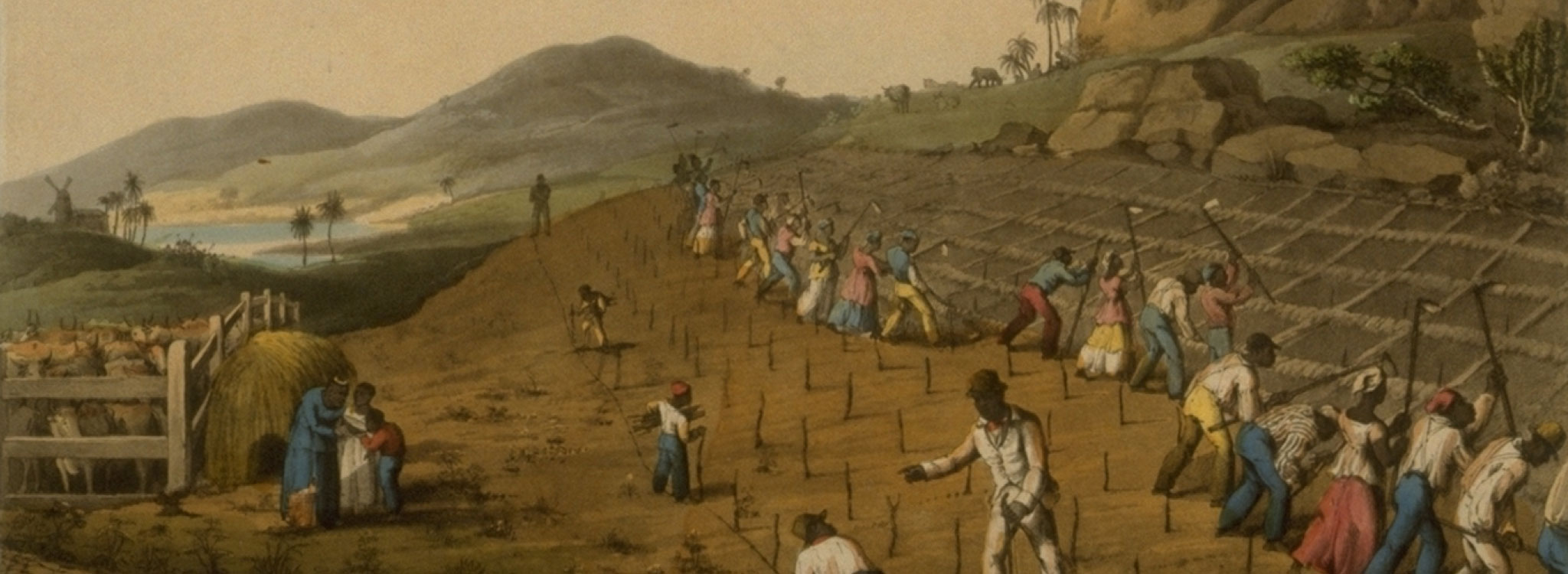Molly/Chickaua (late 18th century-after 1833), enslaved African American woman who gained full sovereignty through formal adoption into The Deer Clan (Anikawi), one of seven matrilineal Cherokee clans. The other clans are: Blue (Anisahoni), Long Hair (Anigilohi), Bird (Anitsiskwa), Paint (Aniwodi), Wild Potato (Anigatogewi), and Wolf (Aniwayah). Clan status shaped traditional Cherokee society by defining kinship, customs, politics, and labor organization among the people. The Cherokee’s insistence on harmony and balance shaped their practice of seeking justice for murdered family members. Depending on the demands of the situation, the person or clan responsible for a Cherokee person’s murder could provide retribution for the aggrieved family by offering the life of one of their own or by providing the clan or family with a young child to adopt. This Cherokee practice of adopting a new life after the loss of a family member shaped the path of Molly from enslaved to sovereign citizen of the Cherokee territory.
Molly’s origins and early life are unknown until the late 1700s, sometime before the Revolution, when she was purchased by a white trader in Cherokee territory (now Tennessee) named Samuel Dent. Dent did so in an attempt to rectify his earlier murder of his pregnant Cherokee wife, a practice in line with the Cherokees' "law of blood.” Because of that custom, the Deer Clan were “determined to kill” Dent in vengeance for the murder of one of their own (McLoughlin, 347). The white trader thus traveled to Augusta, Georgia, to purchase a life in place of his own. The Deer Clan Town Council held a talk at Chota Old Town on the Tennessee River where Molly was received and accepted by the clan. How old Molly was at the time of her adoption is not known. She was given the name Chickaua. Some sources call her Chickaune or Chickaw. She went on to marry a Cherokee man and had a son named Cunestuta (also known as Isaac Tucker). After living over 30 years as a Dear Clan Cherokee, Chickaua’s freedom was contested by a white woman named Molly Hightower. She claimed that before giving Molly/Chickaua to the Deer Clan in payment for his crime, Samuel also sold her to Molly Hightower’s white father. Challenging Hightower’s claim to Chickaua’s life, the Deer Clan brought the case before the Council, who sent it to the Cherokee Supreme Court.
Chickaua’s sovereignty and freedom were now threatened at a time when slavery and antiblackness had become legally defined in Cherokee legislation, particularly the Constitution of 1827. Free non-Cherokee Black persons in the nation lived different experiences than those who had clan affiliations—the latter group being granted more societal freedoms like the right to property ownership. Thus, Chickaua’s exceptional story of adoption into the Deer Clan spared her from much of the restrictive laws against non-Cherokee Black people and enabled her to have rights that other free and enslaved Black people did not. According to the 1827 constitution, “The descendants of Cherokee men by all free women, except the African race, […] shall be entitled to all the rights and privileges of this Nation, as well as the posterity of Cherokee women by all free men.” By this declaration, neither Chickaua nor her children would be legally recognized as a Cherokee citizen. Though Chickaua had no Cherokee blood, The Deer Clan urged the Council to “resist this oppression and legal wrong attempted to be practiced […] in leasing into slavery two of whom have ever been considered native Cherokee” (Miles, 56).
When deciding on Chickaua’s case, the Council relied on traditional Cherokee notions of kinship that extended beyond the racial divisions that characterized antebellum Cherokee society. On October 18, 1833, the Cherokee Supreme Court accepted an affidavit attesting to Chickaua’s adoption and emancipation within the Deer Clan. As summarized by historian William McLoughlin, “the slave, Molly, had become a Cherokee, had always been treated as a Cherokee, and still retained the rights of Cherokee citizenship by virtue of her adoption into the Deer Clan, regardless of her race, complexion, or ancestry. By this same right, her son was also a Cherokee citizen.” (McLoughlin, 347). It wasn’t until 1863 that the Cherokee National Council passed an act freeing all persons enslaved by their tribe. Nevertheless, freed people in Indian Territory still struggled to have their rights recognized after freedom.
Bibliography
McLoughlin, William G. Cherokee Renascence in the New Republic. Princeton University Press, 1992.
Miles, Tiya. Ties That Bind: The Story of an Afro-Cherokee Family in Slavery and Freedom. University of California Press, 2015.
Strickland, Rennard. Fire and the Spirits: Cherokee Law from Clan to Court. University of Oklahoma Press, 1982.
Author
Jada Similton






